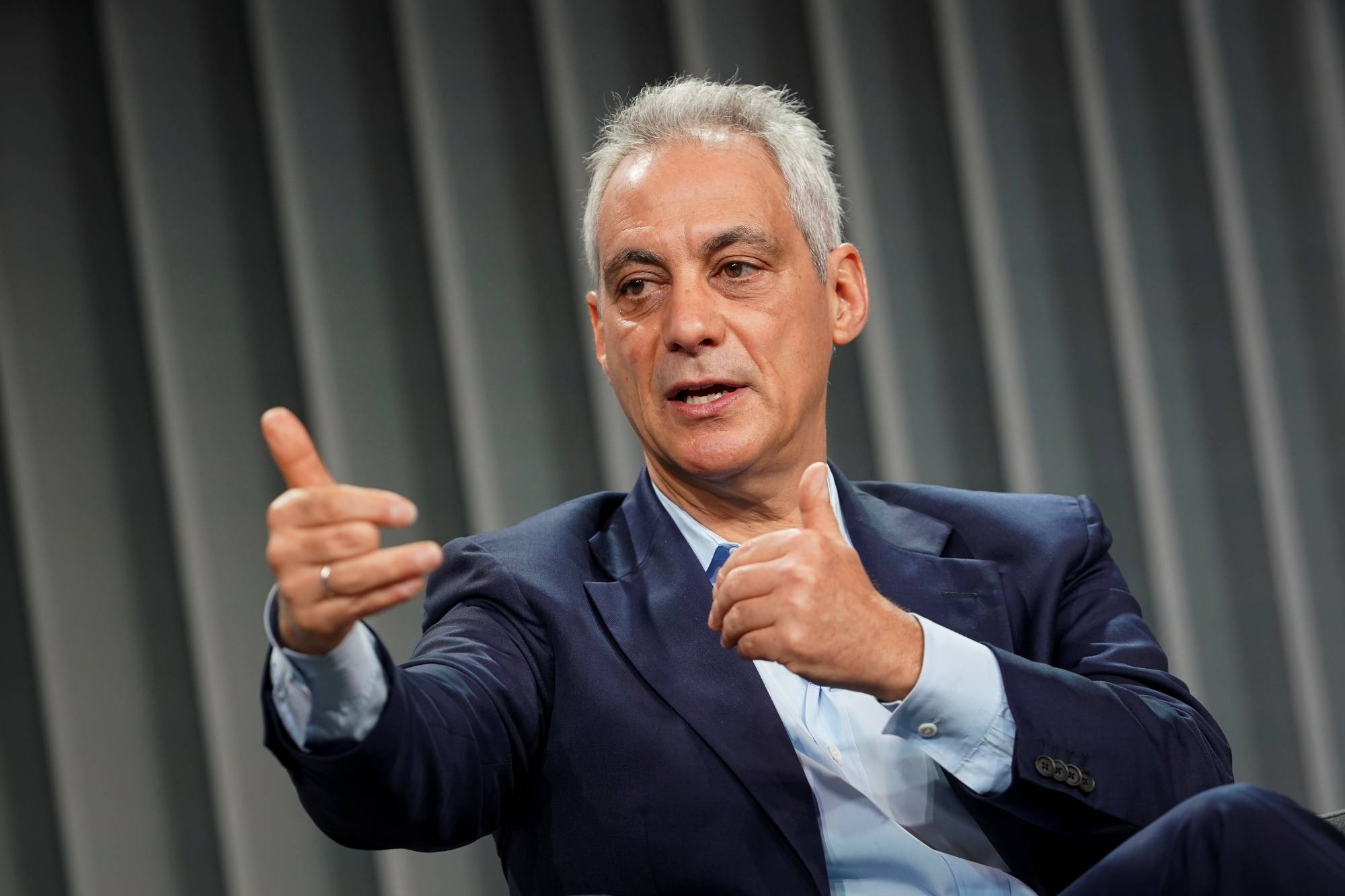The recent news about the possible appointment of former Chicago Mayor Rahm Emanuel as U.S. ambassador to Japan has touched off a flurry of media reports, especially in Japan, as to what it could mean — not only for bilateral trade and security relations, but also for the role of both countries in East Asia.
Considering what Emanuel might do, and how he will fare if he does get the nomination, forms part of a long tradition of public speculation based on a keen interest in, and concern for, who gets the post. For years, the U.S. envoy to Tokyo has been seen in Japan as a litmus test of how the presidential administration views Japan and which areas of mutual concern it may wish to prioritize.
In 2001, Masaru Ikei, a professor of diplomatic history at Aoyama Gakuin University, outlined four criteria once used for choosing an ambassador. First, the choice was someone of importance. Second, it was a person who had knowledge about Japan. Third, it was someone with influence in Washington. Finally, it was somebody who really wanted to be in Japan.



















With your current subscription plan you can comment on stories. However, before writing your first comment, please create a display name in the Profile section of your subscriber account page.